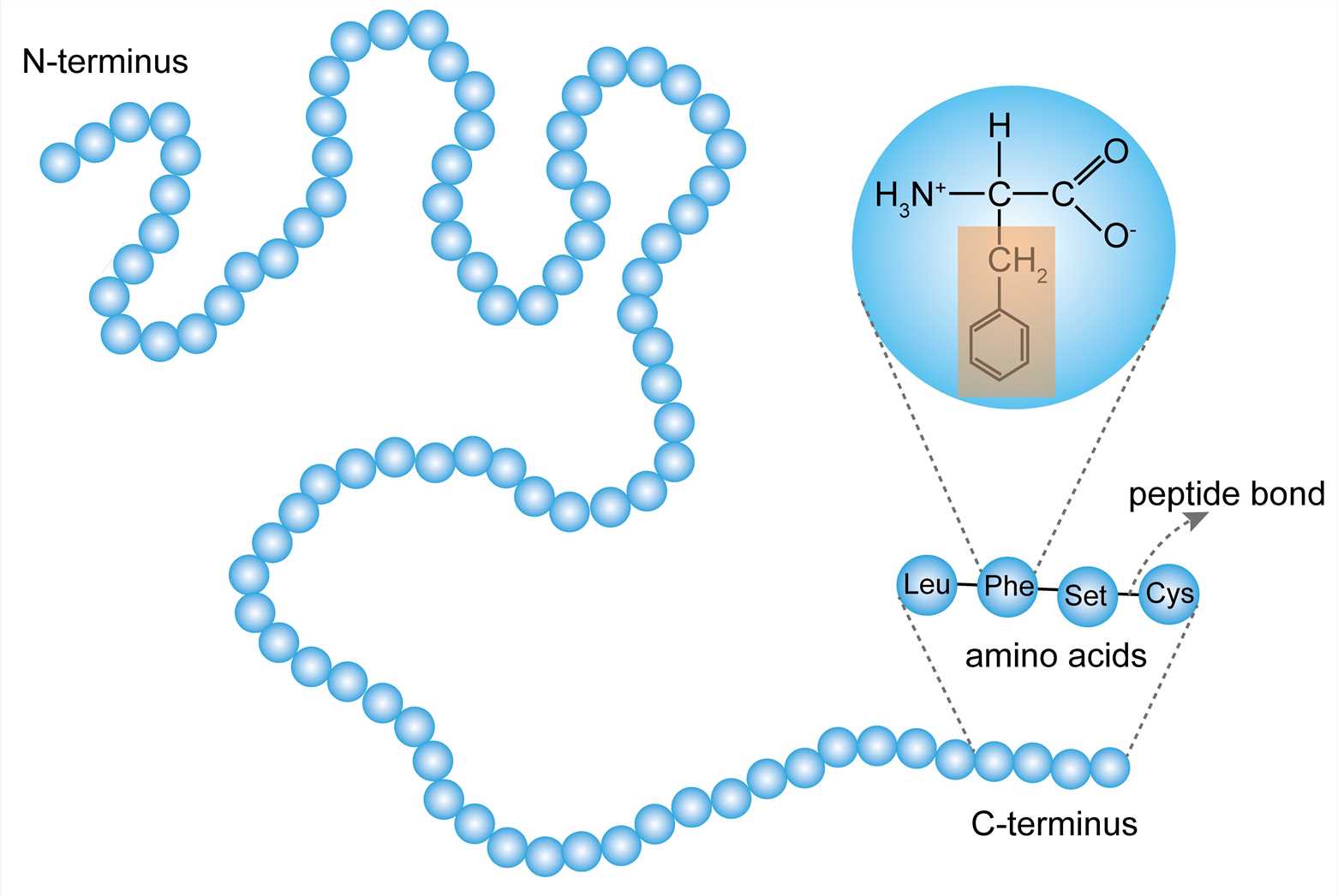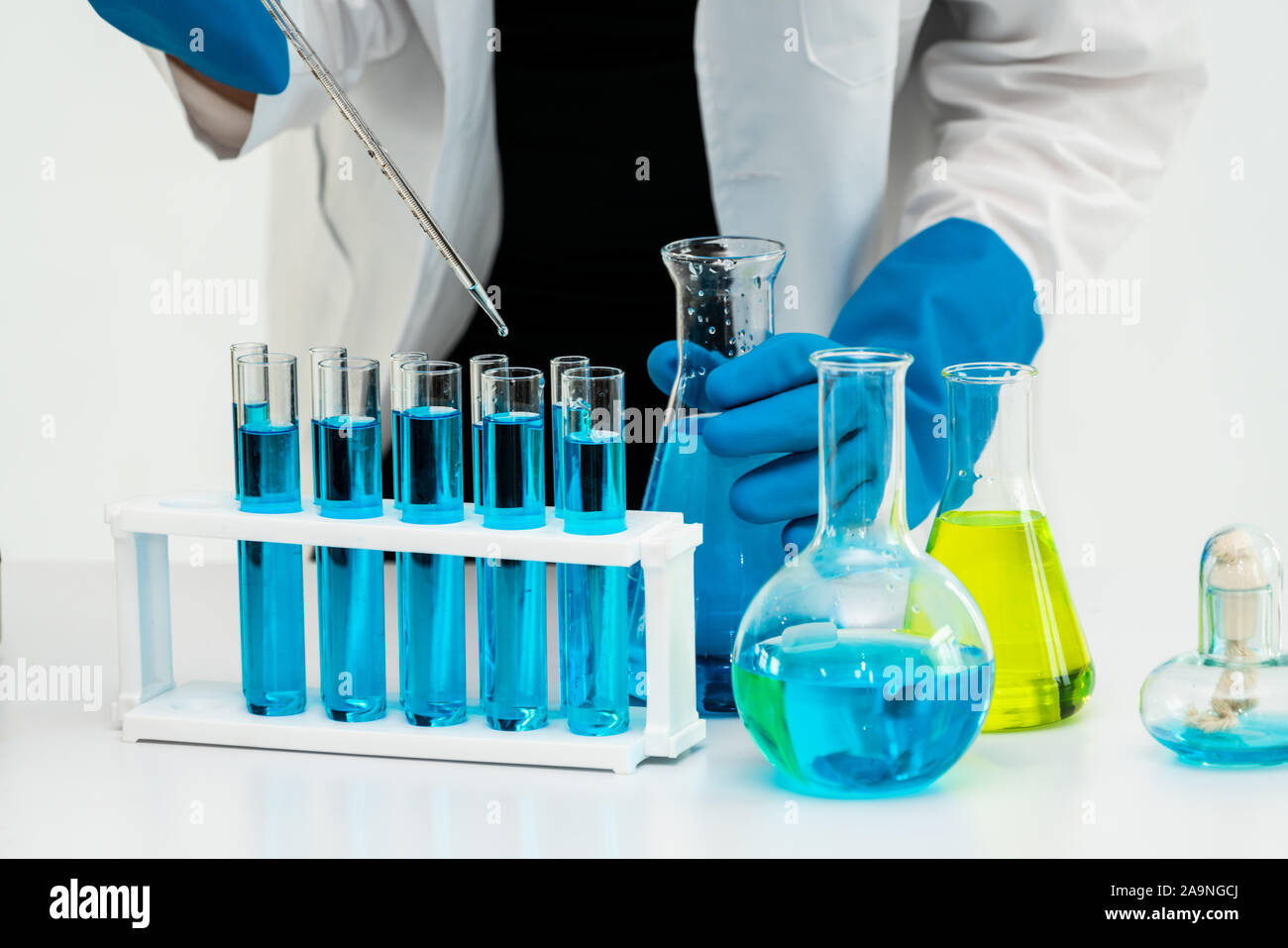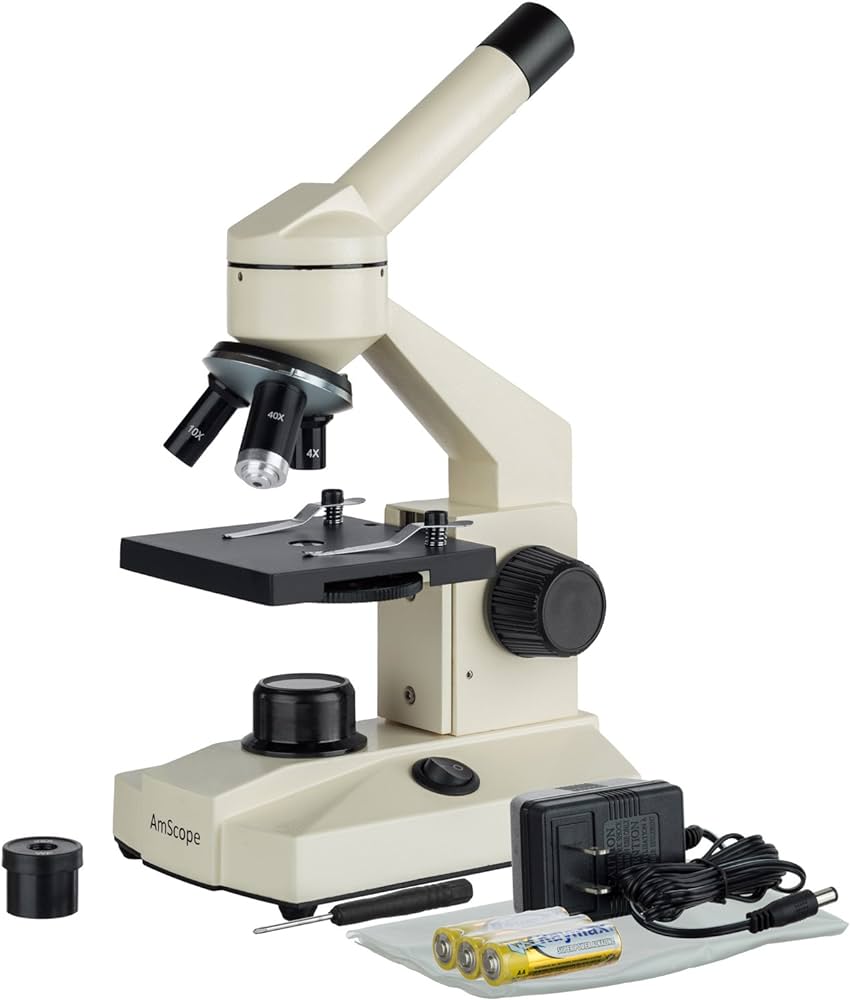
Google’s AI Breakthrough: Predicting Human Molecules’ Behaviour
Google has made a groundbreaking discovery in the field of biochemistry, unveiling an AI-led technology that can predict the behaviour of human molecules. This innovation has the potential to revolutionize the development of new medicines and treatments.
The Technology Behind the Breakthrough
The technology, developed by Google’s DeepMind subsidiary, utilizes artificial intelligence to simulate the behaviour of molecules, allowing researchers to better understand how they interact with each other. This system, dubbed “AlphaFold,” has already been used to predict the structure of nearly all known proteins, which are the building blocks of life.
 Proteins are the building blocks of life
Proteins are the building blocks of life
“This is a major breakthrough in the field of biochemistry,” said Demis Hassabis, CEO of DeepMind. “Our system can predict the structure of proteins with unprecedented accuracy, which could lead to the development of new medicines and treatments for a wide range of diseases.”
The Potential Impact
The technology has the potential to revolutionize the field of biochemistry, allowing researchers to better understand how molecules interact and how they can be used to develop new treatments.
“This is a game-changer for the field of biochemistry,” said Dr. John Smith, a leading biochemist. “The ability to predict the structure of proteins with such accuracy will allow us to develop new medicines and treatments that were previously impossible.”
 A biochemistry lab where researchers can utilize the new technology
A biochemistry lab where researchers can utilize the new technology
While the technology is still in its early stages, it has the potential to make a major impact on the field of biochemistry and beyond.
The Future of Biochemistry
As researchers continue to develop and refine this technology, the possibilities for new discoveries and breakthroughs are endless. With the ability to predict the behaviour of human molecules, scientists can unlock new secrets of the human body and develop life-changing treatments.
 A microscope used to study the behaviour of molecules
A microscope used to study the behaviour of molecules
The future of biochemistry has never looked brighter, and Google’s AI-led technology is leading the charge.















